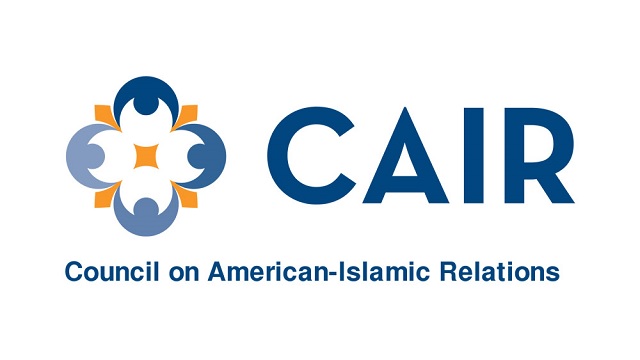CAIR’s Goal: 30 Islamists into Congress

The Council on American Islamic Relations (CAIR) recently held its 25th Annual Gala in Washington, D.C, in which CAIR’s executive director announced a goal of pushing more Islamists into Congress.
As the Investigative Project on Terrorism reports, CAIR’s executive director Nihad Awad shares the “formula” he believes will secure Islamists greater political power:
“A strong CAIR equals a strong community. A strong community will produce a strong and confident and successful Muslim … “So I’m telling you tonight we are going to work in the next years, inshallah (God willing], to elect at least 30 Muslims in the Congress. This number is equivalent to our size and our potential as American Muslims. Including at least two [U.S.] senator Muslims.”
In addition, Awad envisions Muslim judges, including a justice on the U.S. Supreme Court, along with an Islamist extension of Hollywood.
No matter that Awad got his numbers wrong, this has been the Islamist agenda since at least the 2000s, when I heard the same professional targets outlined at national conventions. But as Middle East Forum’s Daniel Pipes wrote in 2003, it goes further.
Pipes documents how, in 1998, CAIR’s Chairman Omar M. Ahmad told a crowd of Muslims in California:
“Islam isn’t in America to be equal to any other faith, but to become dominant.”
In 2008, I heard this message echoed at a southern California mosque by Imam Siraj Wahhaj at an event sponsored by the Muslim Alliance in North America (MANA), where Wahhaj said:
“There is no America. There is only Islam.”
None of these views have been clandestine. Over the years the message has been consistent. What has changed is that the Islamist candidates they produce are more vocal about exactly which interests they represent.
Congresswoman Ilhan Omar’s support of the Hamas terror group and the anti-Semitic BDS movement against Israel is the most recent demonstration of that.
Within this discussion of CAIR’s vision of Muslim in Congress — that is, Islamists in Congress — and those seeking other avenues of political power, it’s important to underscore that not all Muslims are Islamists. Not all Muslims are race and religious supremacists who believe that the politicization of faith is the way to go. Many Muslims stand opposed to the politicization of faith; many stand opposed to Islamists.
Veteran military serviceman and former California congressional candidate Omar Qudrat is an example of the type of Muslims who deserve to be elected —Muslims who put duty to constitution and country ahead of any religious agendas.
Dalia Al-Aqidi is another — a veteran Iraqi American journalist poised to challenge Ilhan Omar in Minnesota in the 2020 race for Omar’s congressional seat in district 5.
Both candidates are steadfast opponents of Islamists, their agenda and ideology. Both are allied with Muslim reformers.
Neither CAIR nor their allies represent the Muslim community. The American Muslim diaspora is so diverse that it would be dishonest to say that any one person or organization represents them. There is no central representation and there shouldn’t be. All our voices deserve to be heard, but what you keep seeing be pushed by mainstream media is this fabricated monolith fantasy of a Muslim — in short, an Islamist.
RELATED STORIES:
Omar Qudrat: Tired of Islamist & Apologist Narratives
Dalia Al-Aqidi: The Interview Ilhan Omar Refused to Accept
Why CAIR Doesn’t Represent American Muslims


“There is no America. There is only Islam.” Here’s where the global “no borders” dream comes from. We all know how well that worked out for the Middle East.